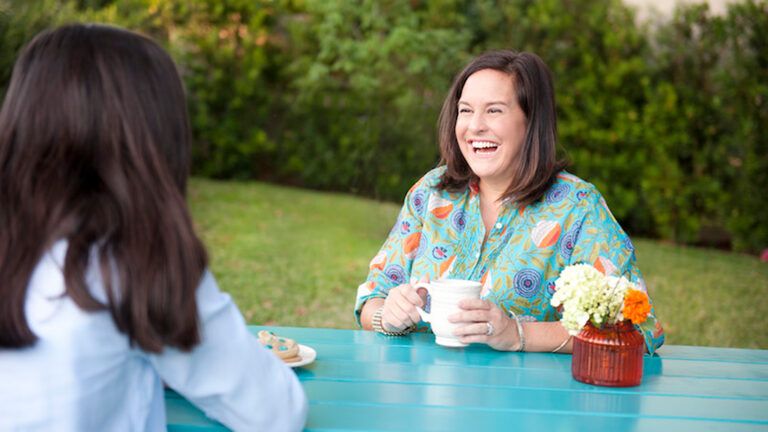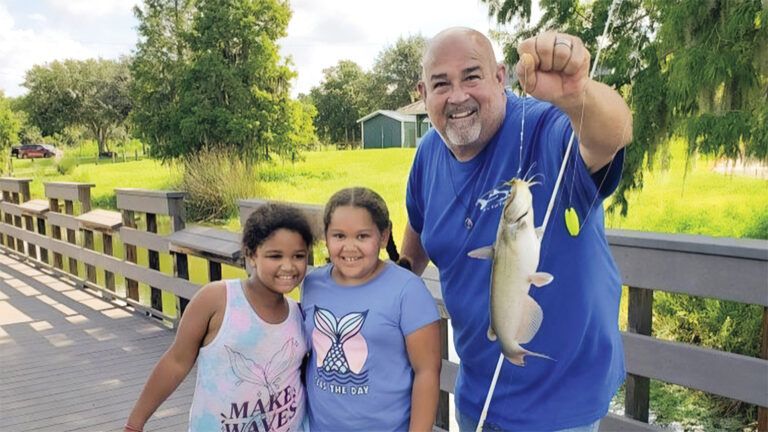Allan Guei stood at the foul line in Compton (California) High School’s packed gymnasium last March, his schoolmates screaming like it was the final minute of the conference championship game. The senior point guard was unflustered. Eighteen-year-old Guei was used to making free throws under pressure.
This wasn’t a game, though. This was a foul-shooting contest for money—a $40,000 college scholarship. For two months, a documentary film crew had followed eight Compton High seniors from an impoverished Los Angeles neighborhood, chronicling their struggles, hopes and dreams. All had been randomly selected from a pool of about 80 with a grade point average of 3.0 or higher. The winner of the best-of-10 free-throw competition would walk away with the 40 grand.
On its face, the contest seemed unfair. The other seven weren’t athletes. Plus Guei wasn’t interested at first—he was hoping for a scholarship—but his coach and teammates urged him to enter. They knew that Guei’s family, immigrants from the Ivory Coast, had little money and that few schools recruit 5′ 8″ point guards, no matter their skill.
Guei won the contest by a single basket, making five of ten free throws. The $40,000 was his. But he was troubled. He had come to like, even admire, the other seven, whom he had not really known.
“I knew how much they all dreamed of going to college,” he said. “I knew how badly they really needed the money.”
Three weeks later Guei received some wonderful news: California State University, Northridge offered him a full athletic scholarship. Better yet, he could keep most of the $40,000 he won in the contest.
Guei decided he didn’t want it.
“I talked it over with my parents and my coach and my principal,” Guei said. “but I knew what I wanted to do in my heart.”
At graduation, Compton High principal Jesse Jones called Guei to the stage. “Allan has something to say,” Jones said.
Guei announced he was giving away the entire $40,000, to be split evenly among the other seven contestants—approximately $5,700 per person. The documentary makers, who hope to enter their film at next year’s Sundance Film Festival, raised an additional $35,000 and divided it among the other seven, as well. In total, each had the money to pay for a good portion of their freshman year at a California state college.
“My coach told me that good things would come back to me for doing this,” Guei said. “But I’m not looking for anything. I just wanted to do something positive.”





